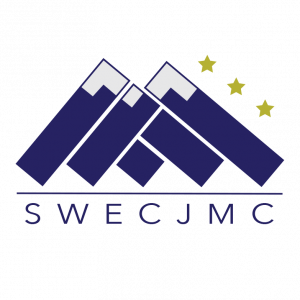Guidelines for Manuscript Submission: All intellectual perspectives are welcome at the Southwestern Mass Communication Journal. However, the editorial board of the journal asks authors to consider the following issues before they submit a manuscript:
The journal publishes twice a year. The spring issue is generally filled with manuscripts from a paper competition, which is sponsored by the Southwest Education Council for Journalism and Mass Communication. Therefore, authors who have not entered the paper competition may submit manuscripts for consideration any time. But those manuscripts will be published only in the fall.
Please use the most current version of the Publication Manual of the American Psychological Association as the style guide.
All submissions must be made electronically, through the online journal system. No hard copy manuscripts or emails will be accepted.
All manuscripts must be free of author identifiers. Please remove author names from document and the document properties. Manuscripts should not exceed 30 pages, which should include all tables, figures, references, and end notes. Manuscripts should be double-spaced, using standard margins, type face, and 12-point type size. All tables and figures should be interpretable by the reader without having to consult the text.
If a study confirms the null hypothesis, make sure that there are no plausible alternative explanations for the outcome due to either outright flaws in methodology or lack of methodological rigor. For instance, all reported non-significant results should be accompanied by power tests. Experimental data should report manipulation checks where it is appropriate. The author is encouraged to conduct and report additional analyses, such as confirming experiments, which will assure the reader that a Type II error has not been committed.
Manuscripts that report disconfirmation of the null hypothesis should report reliability estimates for dependent variables and the amount of variance accounted for in the various tests of significance. Survey data of populations should explicitly define the population that is under study. The author is encouraged to conduct additional analyses, such as confirming experiments, which will assure the reader that a Type I error has not been committed.
Qualitative manuscripts must provide documentary evidence of the phenomena or events that are under study. In other words, the reader must be able to independently evaluate the object of study. As an example, television programs that are the object of qualitative-cultural analysis should be obtainable by the reader through archival services. If, in rare cases, documentary evidence is not available, then the researcher should explain why this is the case and what the effect may be on the study’s external validity.
Authors wishing to submit will need to register as AUTHORS in our online system located at https://journals.tdl.org/swecjmc/index.php/swecjmc/index. Authors will input author information into the system and then upload a manuscript free of any identifying information. The journal no longer accepts emailed manuscripts.
